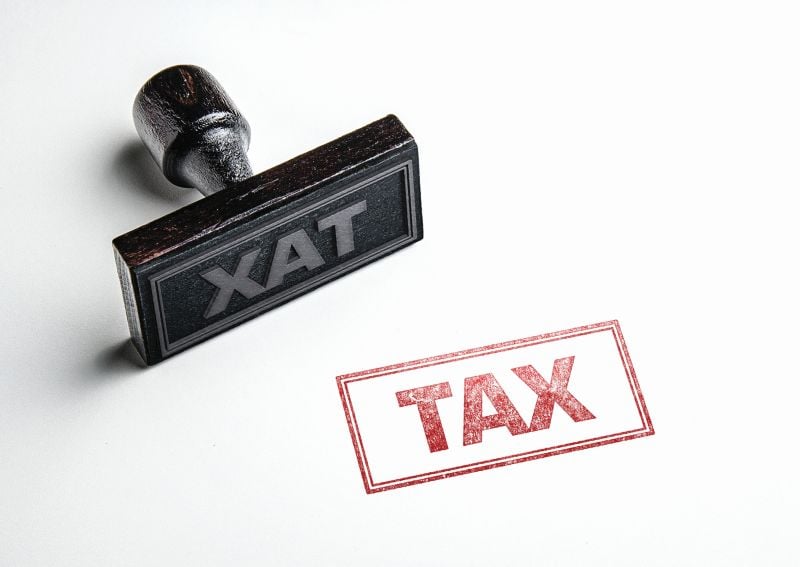IN DECEMBER the US Senate approved the most sweeping overhaul of the American tax system in more than 30 years. What will the revised tax code mean for Canada now that the reforms have passed?
On the bright side, there’s the assuaging view that anything that promotes economic growth in the US can’t be all bad for Canada, especially for Canadian-based exporters who aren’t part of a US multinational corporate group. But Paul Seraganian, a tax partner in Osler, Hoskin & Harcourt LLP’s New York office suggests that the impact of President Donald Trump’s reforms on US economic growth is as yet unclear.
“There’s a lively debate about whether these amendments will actually invigorate the economy as the Republicans say it will,” he says. “You can see it in the widely disparate growth projections and the extent of the academically informed disagreement that have emerged on the issue.”
Nonetheless, Seraganian predicts that the rules of engagement and norms that have evolved as to how Canadian (and other foreign) capital is invested in the US will change.
“We’ve been living through an extended stretch of time where, looking at the big picture, foreign nationals could compete in the US on a playing field that wasn’t even, because they could avoid tax easier than US companies,” he says. “They won’t be able to do that anymore.”
Leading the clampdown on foreign nationals is a frontal assault on their use of leverage or debt costs to avoid taxes. One key provision limits the deductibility of net interest expense for a US member of a multinational group to the proportion of the multinational’s profit represented by US earnings, regardless of whether the interest is paid to a related company or otherwise. Combined with this measure is a limitation of net interest deductions of any taxpayer to 30 per cent of profit, again regardless of whether the interest is paid to a related company.
Then there’s what amounts to a 20-per-cent excise tax on payments made by US corporations to foreign affiliates, with the tax payable by the US corporation. The tax would also affect US companies that resort to “inversion” transactions to move their headquarters elsewhere.
“Effectively, this excise tax places a US tax on what might be legitimate profits of Canadian operations,” says Claire Kennedy, a tax partner in Bennett Jones LLP’s Toronto office. “The impact on Canada is uniquely negative because of the integration of supply chains with the US. It’s a form of exported taxation that is unfair, unwarranted and a marked departure from the norms of international taxation.”
Indeed, some commentators have suggested that the excise tax contravenes various US tax treaties and is merely a disguised form of what was originally put forward as a “border adjustment tax.”
“This tax would apply automatically, whether or not there is any tax avoidance motive on taxpayers’ part,” Seraganian says. “It could be a game-changer for cross-
border businesses with large amounts of intercompany services or payments.
As Kennedy sees it, the excise tax is merely an extension of the Trump administration’s continuing effort to onshore activity to the US. “We’ve already seen that happen in the Bombardier-Airbus deal that resulted in Canada losing jobs to Alabama,” Kennedy says.
Other measures affecting foreign multinationals provide exemptions for 100 per cent of foreign-sourced dividends paid by a foreign company to a US entity that owns at least 10 per cent of the foreign corporation. There is, however, no parallel exemption for gains by foreign parents who sell shares in a US company in which they have 10-per-cent ownership.
Finally, US parents would have to pay 20-per-cent tax on 50 per cent of any “high returns” (the excess over a stipulated baseline rate) earned by controlled foreign corporations — whether the earning were actually distributed to the US company or not.
Otherwise, Canadians should keep an eye on other developments, such as the provisions that subject US state and local governments to “unrelatable business taxable income” in the same way as tax-exempt entities such as charities.
“Traditionally, the US has treated foreign governmental entitles similarly to domestic governmental entities,” he notes. “If this were to change, it could have an adverse impact on Canadian governmental pension funds that borrow to acquire assets or that invest in partnerships that do so.”





